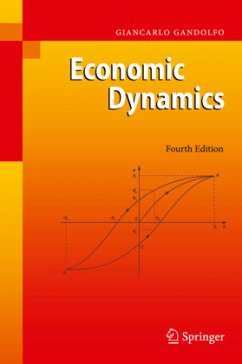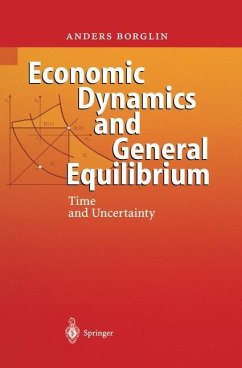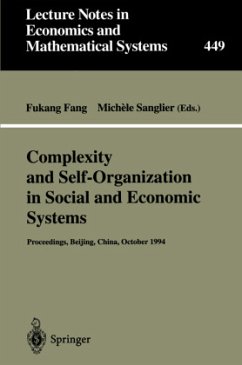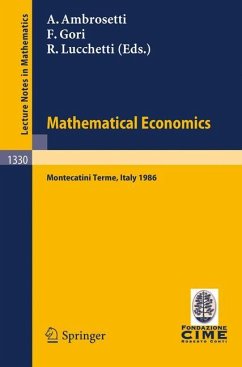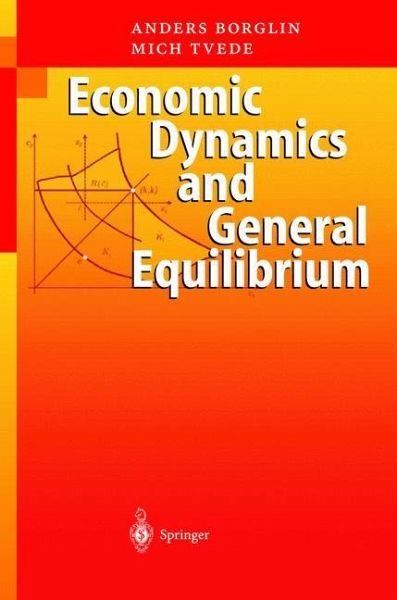
Economic Dynamics and General Equilibrium
Time and Uncertainty
Versandkostenfrei!
Versandfertig in 1-2 Wochen
38,99 €
inkl. MwSt.
Weitere Ausgaben:

PAYBACK Punkte
19 °P sammeln!
The developments in economic theory in the 1950s served to pinpoint important underlying assumptions in the study of market institutions. The conflict between observed institutions - spot markets for commodities, financial markets - and the benchmark interpretation - forward markets for commodities, allowing all trade to take place at a single point in time, became apparent. This led to the introduction of new equilibrium concepts; temporary equilibria, spot-market equilibria and monetary equilibria. The emphasis was on the possibilities to transfer purchasing power over time or over states using spot markets involving assets or money. This book focuses on the developments in the theory of incomplete markets and overlapping generations economies where income transfers over time or across states are restricted either by available assets or by the infeasibility of contracts with unborn generations. It bridges the gap between standard textbooks on microeconomics and more advanced expositions.
This book grew out of the teaching and lecture notes for a course in "Dynamic Economics" given at Copenhagen University where it has been part of a combined study program in economics and mathematics since 1986. The subjects in the course have varied over time but a common theme has been the study of economies over time and under uncertainty in the form of incomplete markets and the overlapping generations model. When I took up a position at Lund University in 1996 Mich Tvede took over responsibility for the course and together we developed a large part of the material, which formed the basis for the present book. He has generously allowed me to use all of our common material. There is a considerable overlap between general equilibrium theory with incomplete markets (GEI), finance and macroeconomic theory, which sterns from the considerations of time and uncertainty, as can be seen from the splendid textbooks by LeRoy and Werner [2001], Pliska [1997] and the seminal work on GEI by Magill and Quinzee [1996], in partic ular its "Historical Remarks" which off er a brilliant history of modern economic theory. The exposition here airns at making some of the results of GEI and on overlapping generations (OG) economies readily available to areader acquainted with economic theory at an upper undergraduate level.





